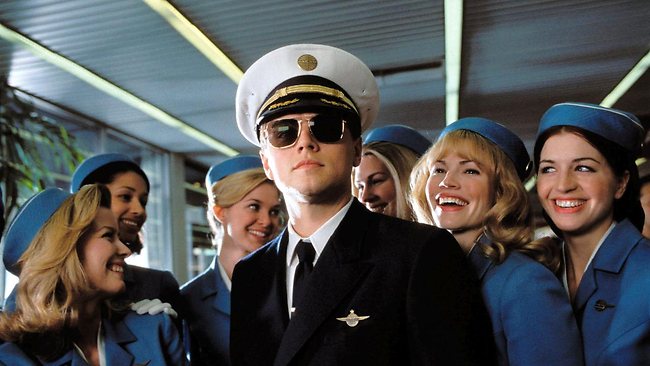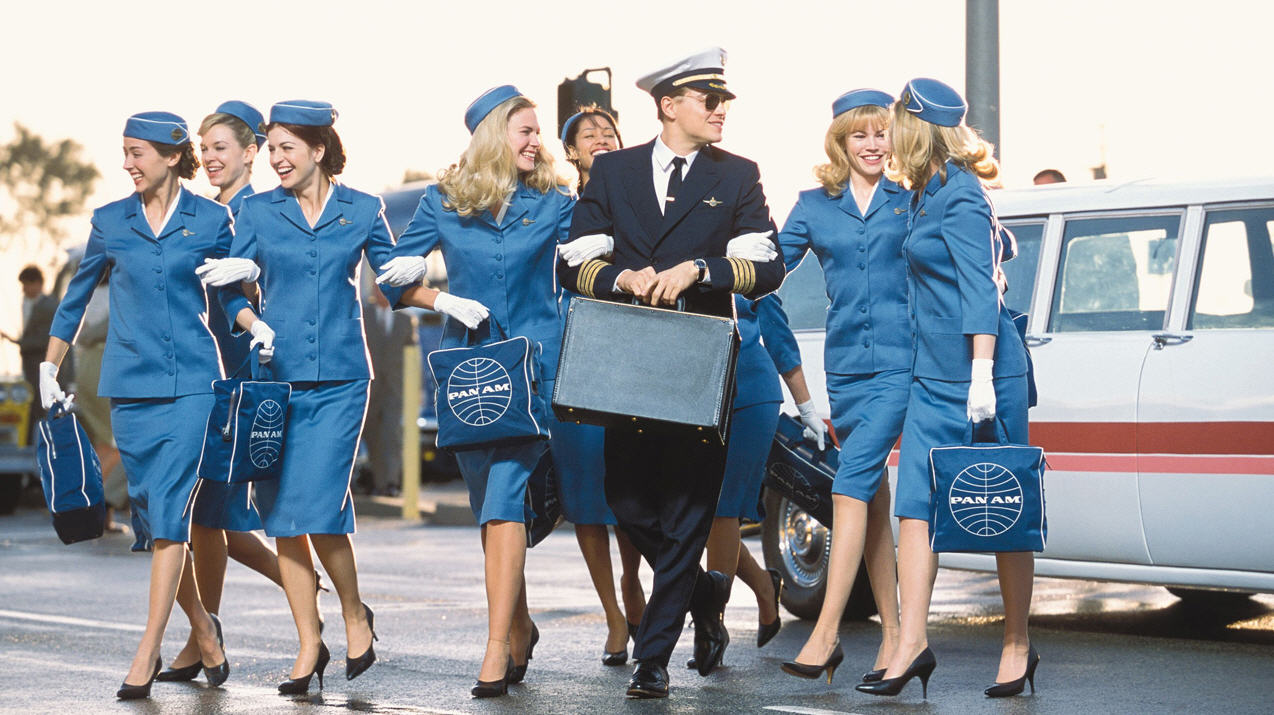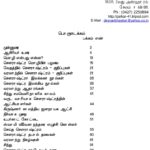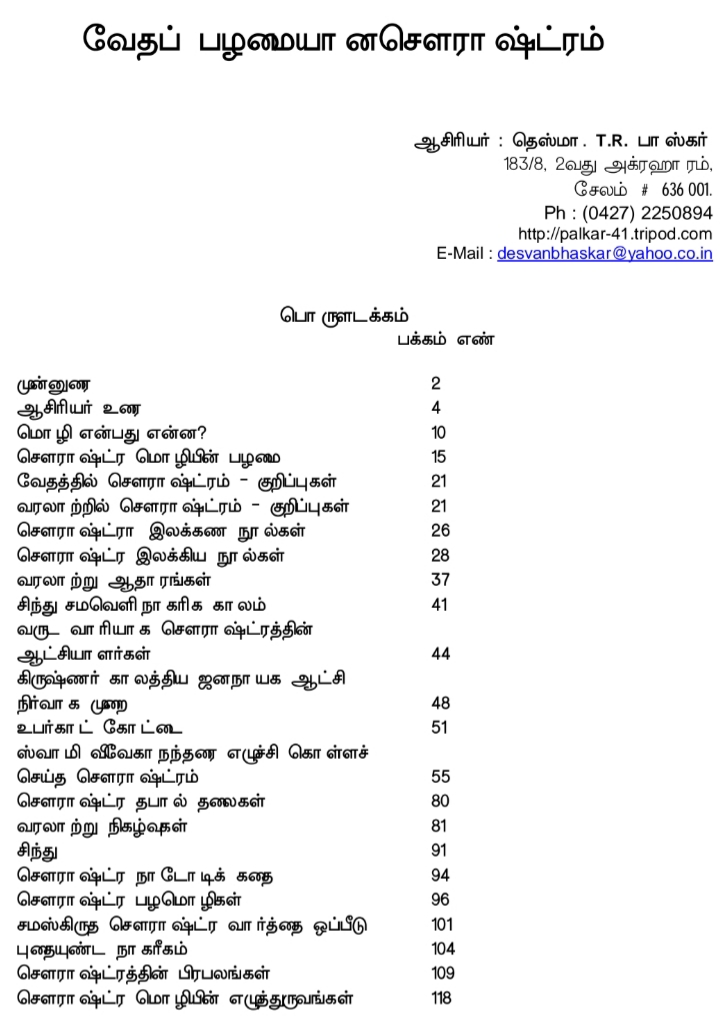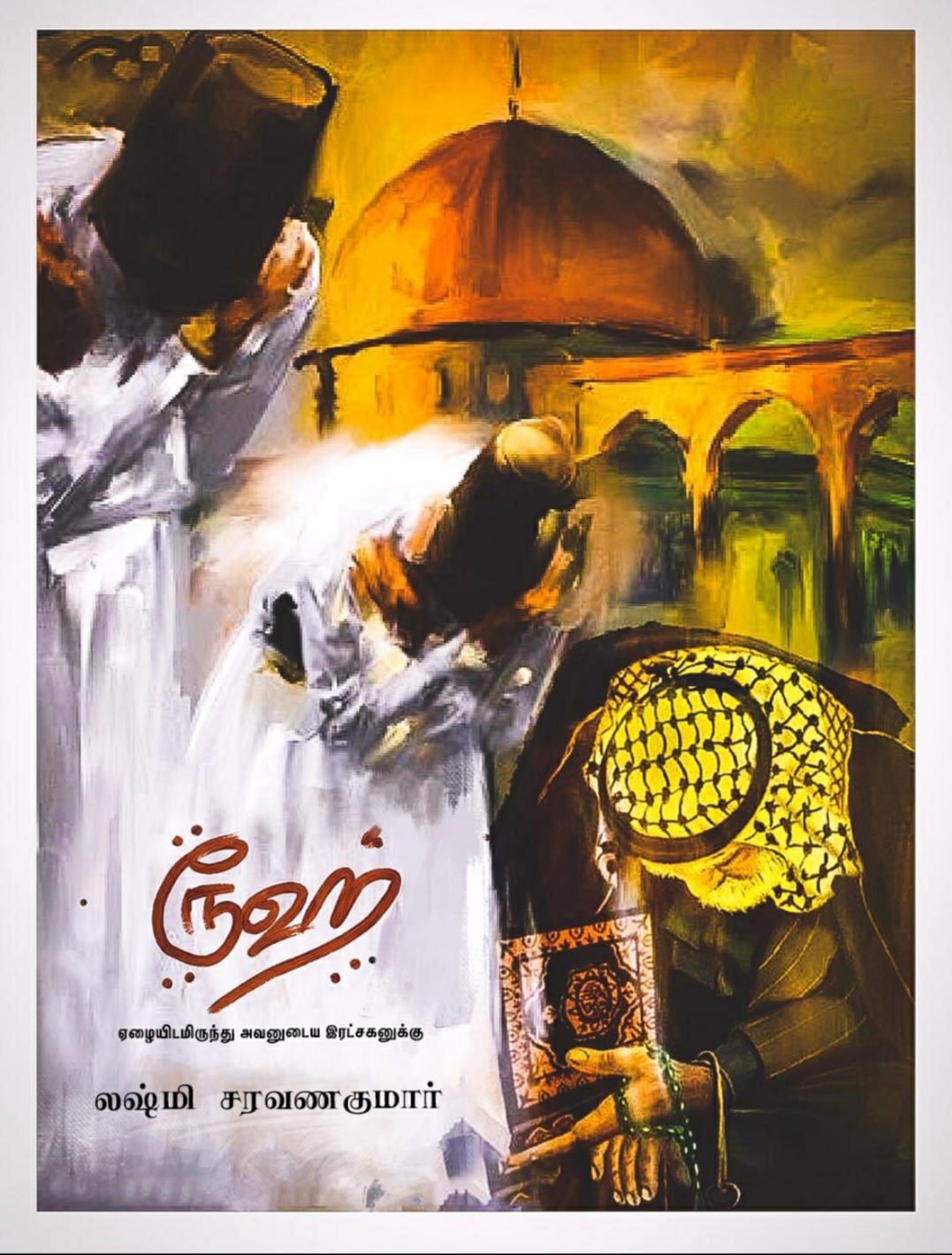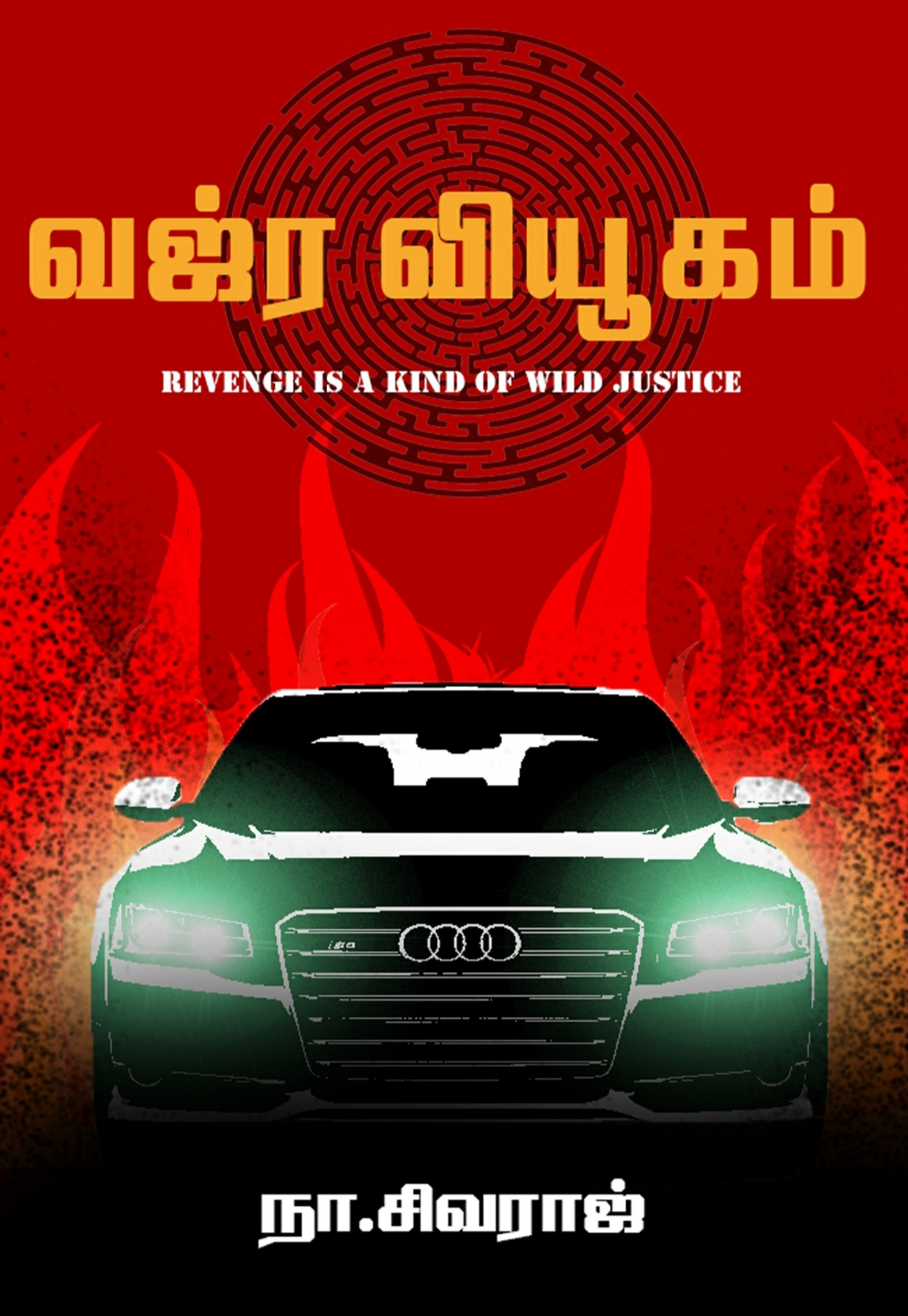Predatory Recruitment
People in the field of Competition Law / Anti-Trust would be aware of Predatory Pricing. Recently, the Indian Competition Commission faced a case with regards to Predatory Pricing. It was a case between Air India Limited and Indigo-InterGlobe Aviation Limited
Let me just give you a brief background. Air India has facilities to provide complete in-house training to its newly recruited pilots who hold a Commercial Pilot License (‘CPL’) and enables them to achieve advanced Airlines Transport Pilot License (‘ATPL’) after complying with the requirements of requisite hours of flying and training. Further, after procuring the ATPL license, additional training is provided to them so as to make them Pilot in Command (‘PIC’). Cost for training a pilot is up to Rs.30-35 lakhs depending on the amount of flying hours required by a pilot to complete the required number of flying hours and to clear the requisite training.
The Air India has submitted that it has been investing heavily for training its pilots through simulators and also training them in flight with an instructor. It is stated that enormous expenditure has been incurred for purchasing simulators to train the pilots which are essential equipments for training the pilots.
It is alleged that Indigo has systematically indulged in predatory recruitment of trained pilots of the Air India for its proposed expansion and inducing them to breach contractual and other obligations, which results in cancellation and delays of the Air India’s flights.
As per the Air India, such a systematic and voluminous action in concert by the Indigo is causing an appreciable adverse effect in the provision of airlines services in India. It is further alleged that the Indigo, by virtue of alluring the Air India’s trained pilots on its exponentially expanding fleet of A320 aircrafts and indulging in unlawful predatory recruitment practice, has acquired a 52% market share in the non-metro to non-metro flight sector, making it a monopoly in that sector. The Air India has averred that the Indigo avoids training costs by indulging in unlawful predatory recruitment and poaching exercise of the Air India’s type rated pilots thereby, adversely affecting the Indian aviation market by inducing a shortage of pilots of its competitors.
The Competition Commission of India (CCI) observed, an airline recruiting another airline’s pilots will not bring about structural changes in the operations of the market. Further, the same has already been dealt with by the DGCA videletter dated 07.04.2015 wherein it is stated that airlines are to seek ‘No objection Certificate’ from the concerned airline from whom the pilot is being recruited. In this case, the Air India has alleged that the Indigo is violating this direction issued by DGCA. The Commission observes that there is no bar on the Air India or any other airlines from recruiting pilots belonging to other airlines after seeking ‘No objection Certificate’ from them, which indicates that there exists a flexibility with respect to the pilot recruitment.
Furthermore, this seems more of an employment issue than a competition issue. Therefore, the issues alleged herein do not raise any competition concern within the meaning of the Act. There is no abuse of dominance through predatory pricing.
In case, just in case, if indeed Predatory Recruitment had been established and also admitted as abuse, it would have opened up a big paradigm shift in the Recruitment market. For good or bad, this has been averted and thus saving HR managers from running for lawyers, atleast for now.
Reference: Case no. 108 of 2015, CCI
